Hens: [Types, Laying, Feeding and Care]
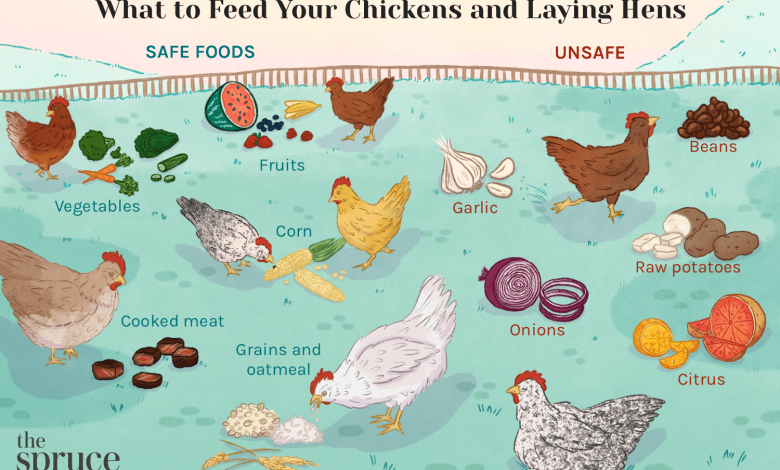
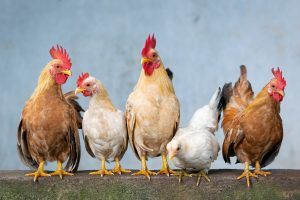 Chickens are one of the most common farm animals, both for their ability to lay eggs and for the fact that they are food for themselves.
Chickens are one of the most common farm animals, both for their ability to lay eggs and for the fact that they are food for themselves.
There are many kinds and the choice of one or the other must always respond to the particular needs of each person.
Having them inside the home garden is quite possible and, due to their size, they do not need a very large space to live. Are you interested in learning more about this topic and knowing how to incorporate them into your own garden? Continue reading.
What types of chickens are there?
Chickens are one of the most varied species of animals that exist. Yes, even if you have only seen 2 or 3 types in your entire life, the reality is that there are many more than you could imagine, including:
- Piroca hen: it is the popular hen that has a bare neck. It can be raised on farms because it lays white, good-sized eggs. In addition, she is a hen that is dedicated to taking care of her young. Its meat is tasty.
- Leghorn hen: it is the hen that lays white eggs by nature. Its willingness to produce has made it the protagonist of the egg sales system at an industrial level. In fact, under the proper conditions of health and nutrition, it is capable of producing up to 300 eggs in a year.
- Faverolles chicken: it is a species that handles a combination of colors on its body that go from white to brown. It lays eggs with colored shells and is very docile, which is why it is usually very easily kept on farms.
- Bourbonnais hen: it is a small-sized hen that is a good producer of eggs, so it can be kept in home gardens without any problem. The detail is that it does not like to be in pens very much, so it is recommended for more or less large spaces.
- Wyandotte hen: It is an ideal species for home gardens because it has a high production of painted shell eggs. One of the most striking features is that it produces all year round, yes, even in winter and taking into account that its meat is delicious and it is also good at breeding, you should already have an idea of why it is worth it.
- Rhode Island Red hen: is one of the most popular laying breeds in some parts of the world. Its eggs have a reddish shell and it has the capacity to live in different conditions thanks to its adaptability. It is worth knowing that they are very resistant birds and that they can be raised in pens or loose.
Although there are many more types of chickens that you could consider to include in your garden, these are the ones with the best characteristics.
What is the breed of chicken that lays the most eggs?
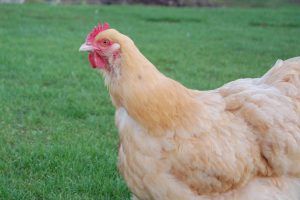 The best breed of chicken that exists to lay eggs is the leghorn chicken. They can produce up to 300 units a year, so they not only become an excellent option commercially but also domestically.
The best breed of chicken that exists to lay eggs is the leghorn chicken. They can produce up to 300 units a year, so they not only become an excellent option commercially but also domestically.
The only detail is that they must be located in a suitable space to lead a quiet life, since they are not very given to human contact.
How long does it take for a hen to lay an egg?
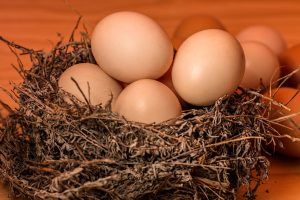 To define the time that a hen will take to lay an egg, the species in question must be considered.
To define the time that a hen will take to lay an egg, the species in question must be considered.
Those that are known for their laying abilities may need between 18 and 26 weeks to start this process.
However, hens that are not good layers may require a year or more to complete this task.
Now, this is not a function that you should leave only to your body, but they need the support of food to obtain nutrients.
What food is given to Creole hens?
There are foods rich in calcium that promote hens to be able to lay eggs in greater quantity and quality.It is recommended that these foods also include a share of vitamins, proteins and minerals that help you work without major problems.
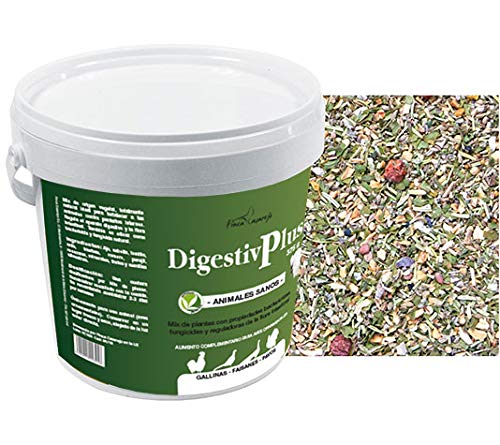
It is necessary to take into account that hens have an energetic waste with the egg production process that it is necessary to supply through feeding.
Special feeds for laying hens are usually able to cover all requirements. In the case of hens that are not layers by nature, they can consume foods such as corn, which is very beneficial for them.

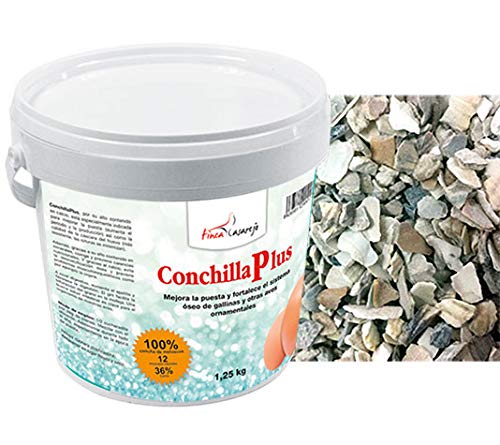
In the same way, they can take advantage of herbs, fruits, among others that they will be able to obtain by their own means if they are free.
How should chickens be cared for?
Chickens are animals that can be kept in home gardens and the reality is that they need little care to be healthy. Among the most recommended are:
- Protection: whether they are kept on farms or in the wild, ensuring that they are protected will be essential. Take into account, above all, predators.
- Temperature: without going to extremes, chickens must be kept in the right conditions for their protection, especially on summer and winter days.
- Cleanliness: hens are prone to certain types of diseases due to the attack of parasites. For this reason, it is a fundamental requirement to keep the shelter very clean.
- Food: it is necessary to define an adequate diet that meets your nutritional needs and allows you to have resistance to any disease.
- Socialization: hens are animals that need to be accompanied by nature. For this reason, it is advisable not to have them isolated but to have at least 2 or 3 so that they are in good spirits.
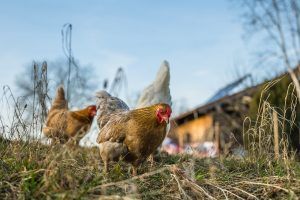 Incorporating chickens into the home garden is much easier than you expected and in return you could have fresh eggs every day.
Incorporating chickens into the home garden is much easier than you expected and in return you could have fresh eggs every day.
The best thing is that they are not particularly demanding with care, so they will not take up much more time than you could offer.
Bibliographic references
- Egg production indicators of Creole hens in the Mexican tropics, JCS Correa, MPJ Salas, LS Franco … – Archives of Zootechnics, 2007 – redalyc.org
- Egg quality of Creole hens reared in backyards in Michoacán, Mexico, A Juárez-Caratachea, E Gutiérrez-Vázquez … – Tropical and …, 2010 – redalyc.org
- PHYSICAL CHARACTERISTICS OF THE EGGS OF CRIOLLA AND FREE- RANCING HEN, R AMAZÓNICA – Actas Iberoamericanas de …, 2015 – researchgate.net
- Breed and commercial lines of chickens, R Ortiz Prada – 1987 – repository.sena.edu.co
- Evaluation of total egg production and its characteristics as an effect of diet in Creole and improved hens, RA Salguero – 1995 – bdigital.zamorano.edu



![Photo of Plant Parts: [Root, Stem, Leaves, Flowers and Fruits]](https://www.complete-gardening.com/wp-content/uploads/2022/08/plant-parts-root-stem-leaves-flowers-and-fruits-390x220.jpg)
![Photo of Plant Artichokes: The Most Efficient Way in [12 Steps]](https://www.complete-gardening.com/wp-content/uploads/2022/08/plant-artichokes-the-most-efficient-way-in-12-steps-390x220.png)